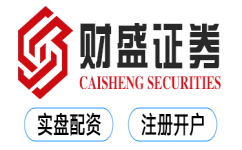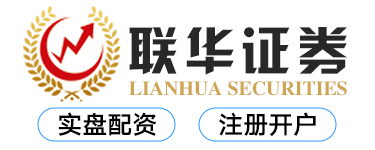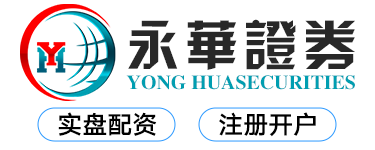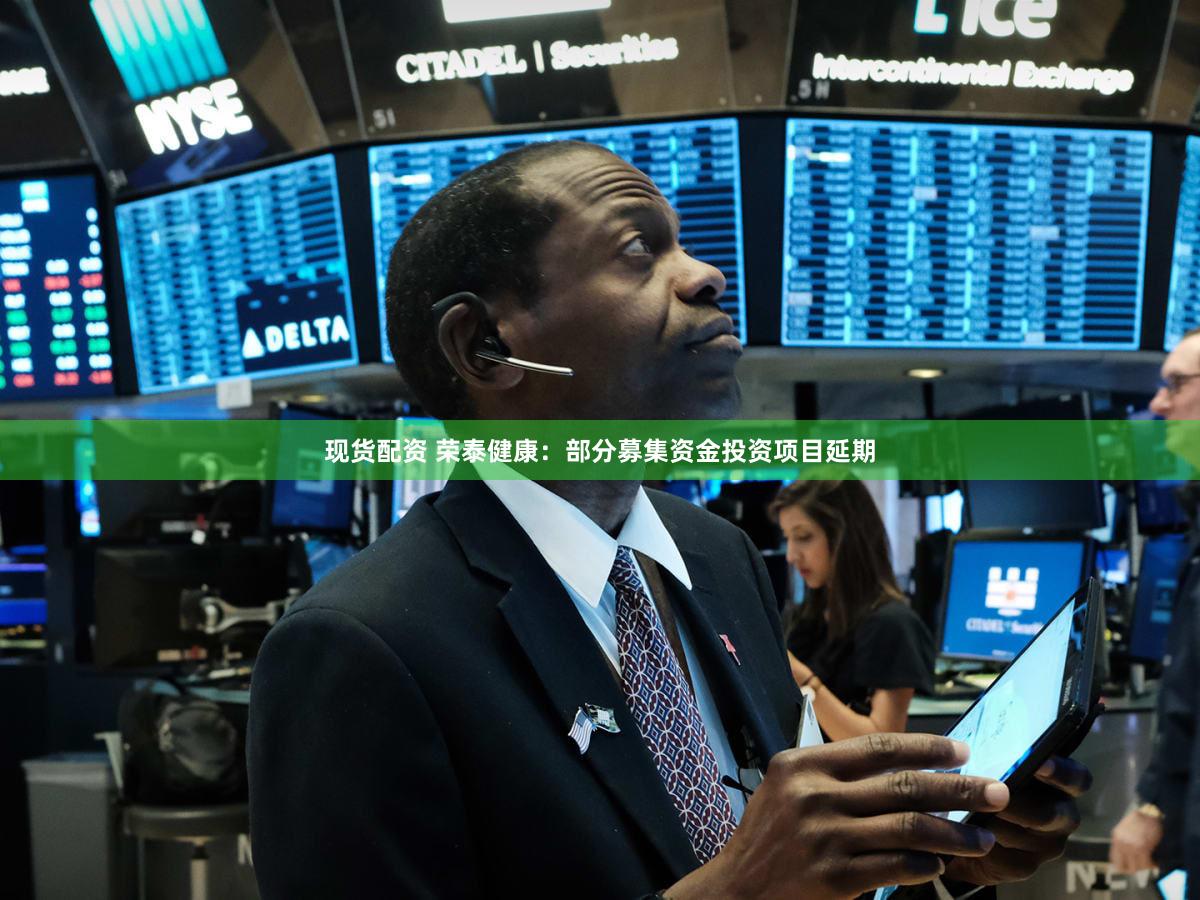
Professional Leveraged Investment Platforms: Ensuring the Authenticity of Financing Information
Meta Description: Learn how professional leveraged investment platforms ensure the authenticity of financing information, protecting your capital and maximizing investment returns. We delve into verification methods, regulatory compliance, and risk mitigation strategies employed by reputable platforms.
Headline: Unlocking Investment Potential: Vetting Your Leveraged Investment Platform
Have you ever dreamt of amplifying your investment returns, of turning a modest sum into a substantial portfolio? The allure of leveraged investing is undeniable. It promises the chance to ride the wave of market growth, potentially earning significantly more than with traditional investing methods. But, let’s be frank, it’s not without risk. The world of leveraged investment is rife with opportunities, yes – but also with potential pitfalls. Choosing the right platform is paramount. A dodgy platform, one that obfuscates the truth about its financing, could lead to significant losses, even wiping out your initial investment. It’s a jungle out there, and navigating it safely requires a sharp eye and a healthy dose of skepticism. This isn't about get-rich-quick schemes; it's about smart, informed investing. We’re talking about protecting your hard-earned money, ensuring your financial future isn't jeopardized by poorly vetted platforms promising the moon. This article unpacks precisely how reputable professional leveraged investment platforms ensure the authenticity of their financing information, detailing the rigorous checks and balances in place to keep you safe and your investments thriving. We'll discuss everything from regulatory compliance and transparent financial reporting to data encryption and robust security measures. Get ready to arm yourself with the knowledge you need to make confident, informed decisions about your financial future. Let's dive in!
Professional Leveraged Investment Platforms: Due Diligence and Verification
Selecting a platform for leveraged investing shouldn't feel like navigating a minefield. Reputable platforms prioritize transparency and accountability, employing rigorous methods to verify and authenticate all financing information. This isn't simply a matter of ticking boxes; it’s about building trust and fostering long-term relationships with investors.
Here’s what to look for:
-
Regulatory Compliance: This is the cornerstone of trustworthiness. Reputable platforms operate under the strict guidelines of relevant regulatory bodies, such as the Securities and Exchange Commission (SEC) in the US or equivalent organizations in other countries. This regulatory oversight ensures compliance with stringent reporting requirements and protects investors from fraudulent activities. Always check the platform's compliance certifications and licenses. Don't just take their word for it; independently verify this information.
-
Third-Party Audits: Regular audits by independent, reputable firms are a critical component of transparency. These audits scrutinize financial records and operational procedures, ensuring accuracy and compliance. The results of these audits should be publicly accessible, providing further reassurance about the platform's financial health and integrity.
-
Transparent Financial Reporting: A trustworthy platform maintains meticulous and easily accessible financial records. Their financial statements should be clear, concise, and readily available for review. This allows investors to independently assess the platform's financial position, providing a deeper understanding of their investment's overall health. Ambiguity is a red flag; transparency breeds trust.
-
Data Encryption and Security Measures: Protecting investor data is paramount. Reputable platforms invest heavily in advanced data encryption and security protocols to safeguard sensitive information from unauthorized access. Look for platforms utilizing robust security measures like SSL encryption and two-factor authentication. Your personal and financial information is precious; ensure it's protected with the utmost care.
Beyond the Basics: Deep Dive into Verification Processes
The verification processes extend beyond the readily apparent aspects. Reputable platforms go the extra mile to ensure the authenticity of financing information:
-
Source Verification: They meticulously verify the sources of their funding. This involves rigorous due diligence processes to ensure the legitimacy of all financial transactions and funding streams. This goes beyond simply accepting funds; it’s about understanding where the funds originate.
-
Background Checks: For key personnel, thorough background checks are conducted to identify any potential conflicts of interest or past regulatory issues. This protects investors from potential risks associated with individuals with questionable histories.
-
Risk Management Strategies: Strong risk management strategies are crucial. These strategies encompass a variety of measures designed to mitigate potential losses, such as diversification of investments, robust risk assessment models, and contingency planning. A well-defined risk management framework showcases a commitment to safeguarding investor capital.
财盛证券 -
Investor Protection Mechanisms: Reputable platforms often have investor protection mechanisms in place, such as insurance policies or investor compensation funds, to provide an additional layer of security in case of unforeseen circumstances. These mechanisms demonstrate a commitment to safeguarding investor interests.
The Human Element: Building Trust and Relationships
While technology and regulatory compliance are pivotal, the human element is equally important. A trustworthy platform fosters open communication and builds strong relationships with its investors. This involves:
-
Accessible Customer Support: Easy access to responsive and knowledgeable customer support is essential. Investors should be able to readily obtain clarification on any queries or concerns regarding financing information or any aspect of their investments.
-
Regular Communication: Regular updates and transparent communication on platform performance, market conditions, and any relevant news are crucial for building trust. This keeps investors informed and empowers them to make informed decisions.
-
Proactive Transparency: A platform that proactively addresses potential concerns and readily shares information, even if it's not explicitly requested, fosters a culture of trust and strengthens the investor-platform relationship.
Common Questions & Answers (FAQs)
Q1: How can I tell if a leveraged investment platform is legitimate?
A1: Look for regulatory compliance, independent audits, transparent financial reporting, robust security measures, and a commitment to open communication. Independently verify license information and read reviews from other users. A platform's reticence to answer questions or provide readily available information should be a significant warning sign.
Q2: What happens if a leveraged investment platform goes bankrupt?
A2: The consequences depend on the platform's structure and the extent of its regulatory oversight. In some cases, investors may have some protection through investor insurance or compensation funds. However, complete loss of capital is unfortunately possible. This is why due diligence before investing is so crucial.
Q3: Are leveraged investments always high-risk?
A3: Leveraged investments can be high-risk, but the level of risk depends on various factors, including the underlying assets, the leverage ratio, and the platform's risk management strategies. Careful planning and selection of a reputable platform can help mitigate some of the inherent risks.
Q4: What is the role of regulatory bodies in protecting investors?
A4: Regulatory bodies like the SEC play a crucial role in overseeing the operations of leveraged investment platforms, ensuring compliance with rules and regulations designed to protect investors from fraud and manipulation. They investigate complaints, enforce regulations, and publish advisories to help investors make informed decisions.
Q5: How important is diversification when using a leveraged investment platform?
A5: Diversification is incredibly important. It minimizes the impact of potential losses on any single investment. Don't put all your eggs in one basket, even with a reputable platform. Spread your investments across different assets and strategies to reduce your overall risk.
Q6: What are the key red flags to watch out for?
A6: Red flags include a lack of transparency, unwillingness to provide information, unrealistic promises of high returns, aggressive sales tactics, unclear fee structures, and the absence of regulatory compliance or independent audits. If something feels "too good to be true," it probably is.
Conclusion
The world of leveraged investing offers significant potential rewards, but navigating it intelligently requires meticulous research and a discerning eye. Choosing a reputable professional leveraged investment platform, one that prioritizes transparency, accountability, and the protection of your capital, is absolutely crucial. By understanding the methods employed by reputable platforms to ensure the authenticity of their financing information, and by diligently conducting your own due diligence, you can significantly reduce your risk and increase your chances of achieving your investment goals. Remember, smart investing is about informed decisions, not just chasing high returns. Take your time, do your research, and choose wisely. Your financial future depends on it.
文章为作者独立观点,不代表财盛证券观点






